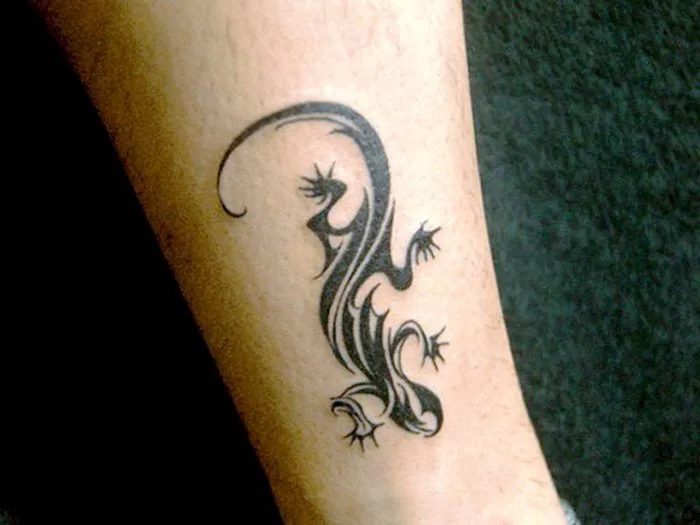Getting a tattoo can be an exciting and empowering experience. Whether it’s your first tattoo or you’re adding to your collection, it’s essential to take proper care of your new ink to ensure it heals well and looks its best for years to come. Proper aftercare is crucial for preventing infection, minimizing discomfort, and preserving the vibrancy of your tattoo. In this comprehensive guide, we’ll explore ten crucial tips on what to avoid after getting a tattoo to ensure optimal healing and long-term satisfaction.
1. Neglecting Proper Aftercare Instructions
Aftercare instructions provided by your tattoo artist are your roadmap to successful healing. Ignoring or deviating from these guidelines can increase the risk of infection, fading, and other complications. Ensure you understand and follow your artist’s aftercare advice diligently.
2. Exposing Your Tattoo to Direct Sunlight
UV rays from the sun can fade and distort your new tattoo, leading to premature aging and loss of vibrancy. Avoid direct sunlight exposure during the healing process and afterward by covering your tattoo with clothing or using a broad-spectrum sunscreen with a high SPF.
3. Soaking Your Tattoo in Water
Prolonged exposure to water can soften the skin, making it more susceptible to damage and infection. Avoid swimming, soaking in hot tubs, or taking long showers during the initial healing phase. Quick showers with lukewarm water are preferable to minimize contact.
4. Scratching or Picking at Scabs
As your tattoo heals, it will form scabs and may become itchy. While it can be tempting to scratch or pick at them, doing so can disrupt the healing process and lead to scarring or ink loss. Gently pat or tap the itchy area instead to alleviate discomfort.
5. Wearing Tight or Irritating Clothing
Friction from tight or abrasive clothing can irritate your tattoo and prolong the healing process. Opt for loose-fitting, breathable clothing made from soft fabrics like cotton to minimize irritation. If your tattoo is in a high-friction area, consider covering it with a bandage or sterile gauze.
6. Skipping Moisturization
Keeping your tattoo moisturized is essential for preventing dryness, cracking, and scabbing. Use a fragrance-free, hypoallergenic moisturizer recommended by your tattoo artist to keep your skin hydrated without clogging pores or causing irritation. Apply a thin layer of moisturizer several times a day, especially after washing your tattoo.
7. Exercising Vigorously
While staying active is essential for overall health, vigorous exercise can be detrimental to a healing tattoo. Activities that cause excessive sweating, friction, or direct pressure on the tattooed area can lead to irritation, infection, and ink migration. Opt for low-impact exercises that won’t interfere with your tattoo’s healing process, and avoid contact sports or activities that pose a risk of injury.
8. Using Harsh Cleaning Products
Aggressive cleaning products containing alcohol, peroxide, or harsh chemicals can strip away your skin’s natural oils and disrupt the delicate balance of your tattoo’s healing process. Stick to mild, fragrance-free soap and warm water for cleaning, and avoid scrubbing or rubbing the tattooed area.
9. Neglecting Your Overall Health
Your body’s ability to heal is influenced by your overall health and well-being. Prioritize good nutrition, hydration, and adequate rest to support your immune system and promote optimal healing. Avoid smoking, excessive alcohol consumption, and other habits that can impair circulation and slow the healing process.
10. Ignoring Signs of Infection
While some degree of redness, swelling, and tenderness is normal during the healing process, certain symptoms may indicate an infection. These include excessive swelling, pus or discharge, fever, and spreading redness or warmth around the tattooed area. If you experience any signs of infection, seek medical attention promptly to prevent complications and ensure proper treatment.
In conclusion, proper aftercare is essential for ensuring a successful tattoo healing process and preserving the quality of your ink. By following these ten tips on what to avoid after getting a tattoo, you can minimize the risk of complications, promote optimal healing, and enjoy your new tattoo for years to come. Remember to consult your tattoo artist or a healthcare professional if you have any concerns or questions about caring for your tattoo.

